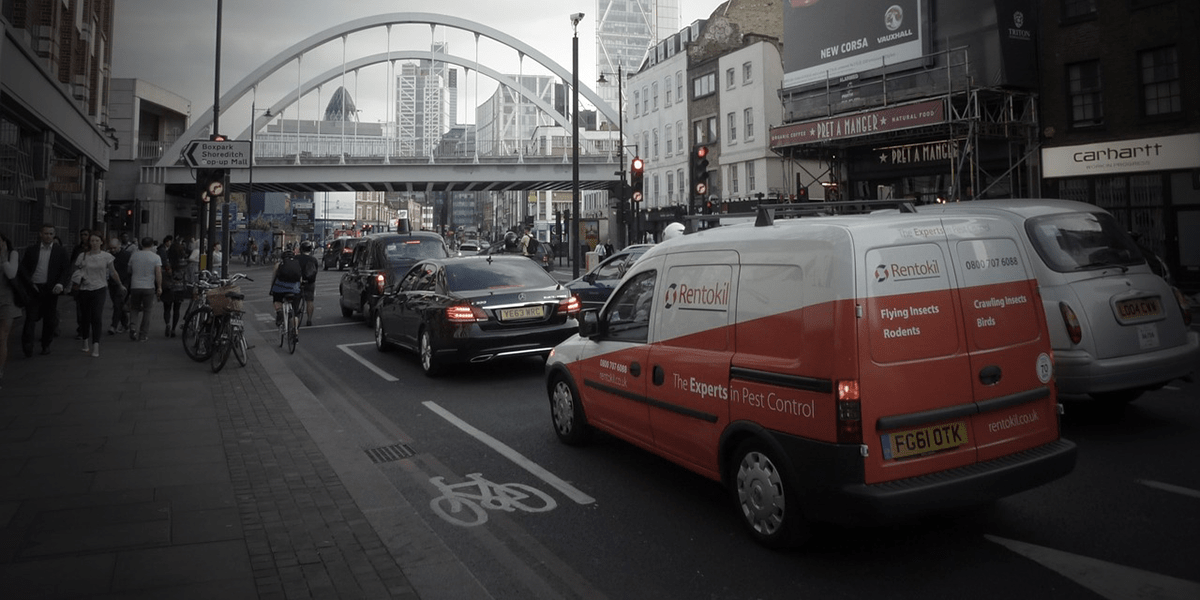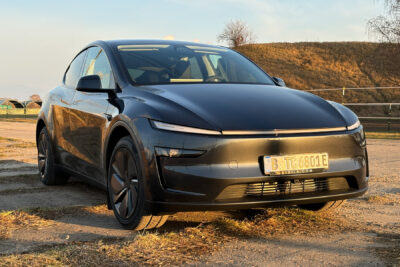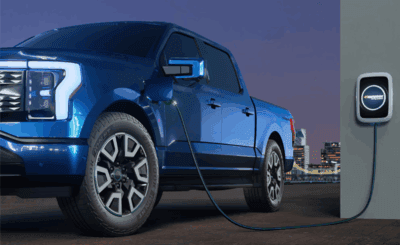UK bans sale of pure combustion engines from 2030
British Prime Minister Boris Johnson has made it official: the government will bring forward the ban on the sale of cars with combustion engines by five years to 2030. This measure is part of a new ten-point plan for a “green industrial revolution”.
There is an exception for certain plug-in hybrids: they will receive a grace period until 2035, provided they can cover a “substantial distance” purely electrically. The required electric range has not yet been defined in more detail. What is clear is that new cars with a combustion engine may no longer be registered in ten years.
With the “green industrial revolution”, the Prime Minister wants to combat climate change and create jobs, for example in the energy sector – and to preserve those in the automotive industry as far as possible. The government is talking about 250,000 “green jobs” and wants to invest 12 billion pounds (13.4 billion euros) by 2030 and hopes that three times this amount will be added by private industry. The new incentives will add four billion pounds for immediate release. Critics have said that this is not enough for the transformation envisaged.
Johnson is backing the regulations for the combustion engine shutdown with the following subsidies: To support the transition to e-mobility, the British government is pledging to invest 1.3 billion pounds (1.45 billion euros) to expand the charging infrastructure for electric vehicles and 582 million pounds (650 million euros) in purchase premiums. The government also plans to support the series production of electric car batteries in the UK with 500 million pounds (559 million euros). In the aviation and maritime sectors, new support will be forthcoming for greener power systems for the latter to the tune of 20 million pounds. Johnson reiterated the support for walking, cycling and public transport but did not introduce either new funds or new initiatives.
The production of both green hydrogen (made from renewables) and grey and blue hydrogen (produced by means of fossil fuels) is to be supported with 500 million pounds (559 million euros). The production of green hydrogen could take place mainly in the wind energy dominated North East of England for both mobility and industrial applications. Hydrogen gas can be mixed with fossil fuel gas to varying degrees in existing gas infrastructure and used for domestic heating. The government envisages a town heated entirely by hydrogen by the end of the decade.
In addition to mobility, the “green industrial revolution” should also affect other areas. For example, the government’s environmental plan also envisages a new large nuclear power station in Suffolk. Johnson hopes this will create up to 10,000 jobs at turbine manufacturer Rolls-Royce and other companies. Besides, it has been stipulated that new houses may no longer be equipped with fossil fuel gas heating systems as early as 2023. By 2028, 600,000 heat pumps are to be installed to heat buildings.
Just in February this year, the British government announced that it would bring forward the planned combustion engine shutdown from 2040 to 2035. At the time it was argued that the year 2040 was too late to achieve the goal of being practically CO2-free by 2050. At that time, it was made even more stringent by the fact that the ban covered all hybrid cars. The government has now softened up this regulation somewhat.
The further change bringing the ban on purely combustion engines from 2035 to 2030 was demanded from different quarters just this month. On one hand, environmental organisations such as Greenpeace demonstrated to this end, on the other, major UK fleet operators also renewed their calls for a ban on combustion engines by 2030. On the flip side, this month we reported that the UK’s transport ministry was already having a little trouble with cutting CO2 in its fleets.





1 Comment